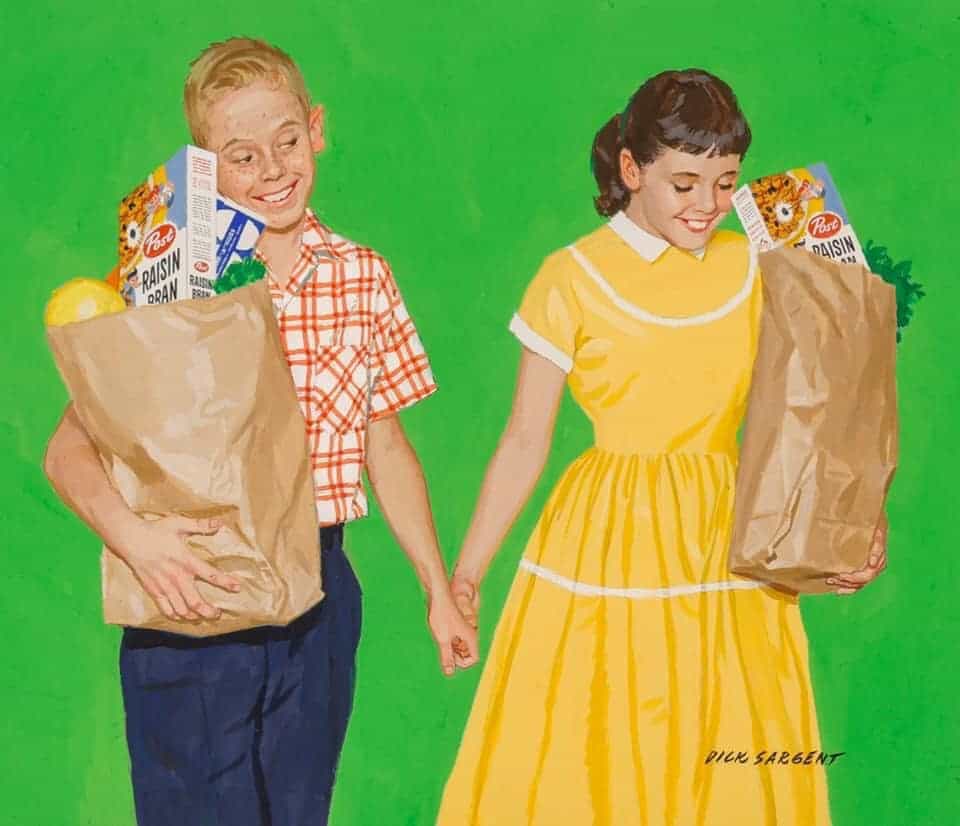The word amatonormativity was coined by Elisabeth Brake in her book Minimizing Marriage: Marriage, Morality, and the Law (2011).
Amatonormativity describes the societal assumption that everyone must seek romantic, sexual, monogamous relationships before finding happiness and fulfilment.
Elizabeth Brake calls this undeserved elevation and centrality of romantic love amatonormativity, from the Latin word for love, amare. She coined the term in her book Minimizing Marriage: Marriage, Morality, and the Law to describe the assumption that “a central, exclusive, amorous relationship is normal for humans.”
Ace: What Asexuality Reveals About Desire, Society, and the Meaning of Sex by Angela Chen
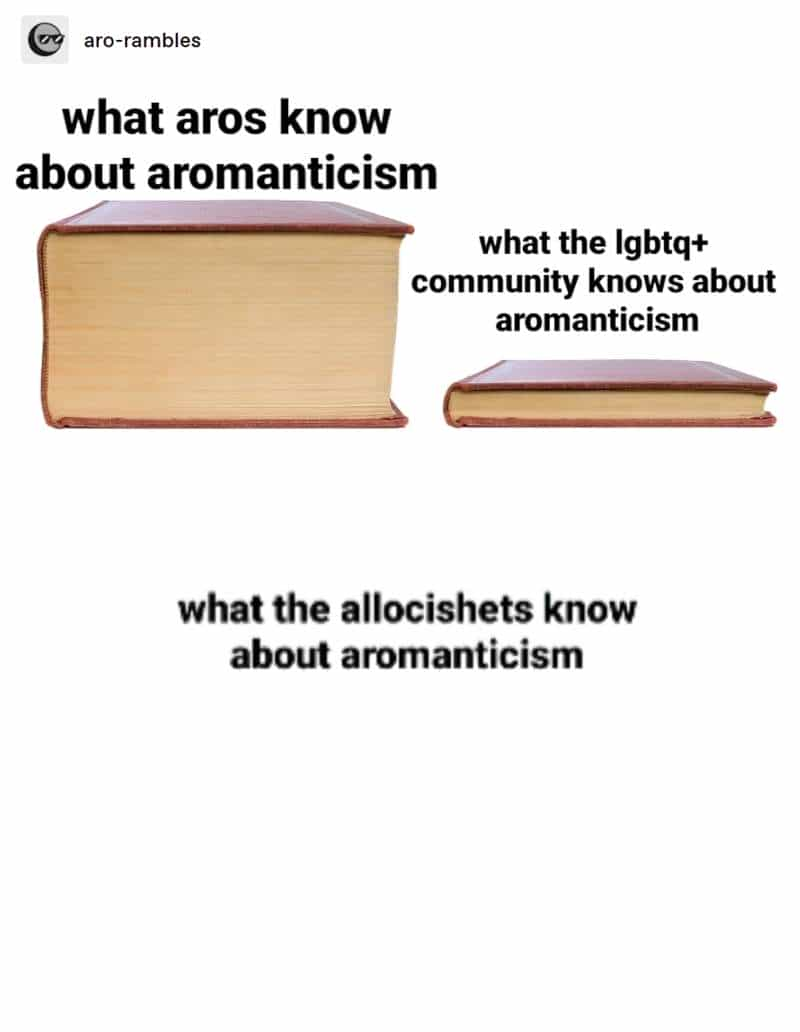
Other authors have explored this concept without necessarily naming it:
The notion that there is something “special” about the relationship between boys and girls is pervasive in media targeted at children. A 2009 study published in Gender & Society found that although G-rated films were not allowed to show sex, violence, or nudity, many popular children’s movies contained a suite of implicit messages about sexuality. In particular, the researchers observed the way that heterosexual romance was portrayed as “magical”, “exceptional,” and “transformative,” with relationships between opposite-sex characters accompanied by soaring music, soulful eye contact, and sweeping natural vistas in a way that other types of relationships–such as those between friends, or between children and parents–were not.
The Sex Myth by Rachel Hills
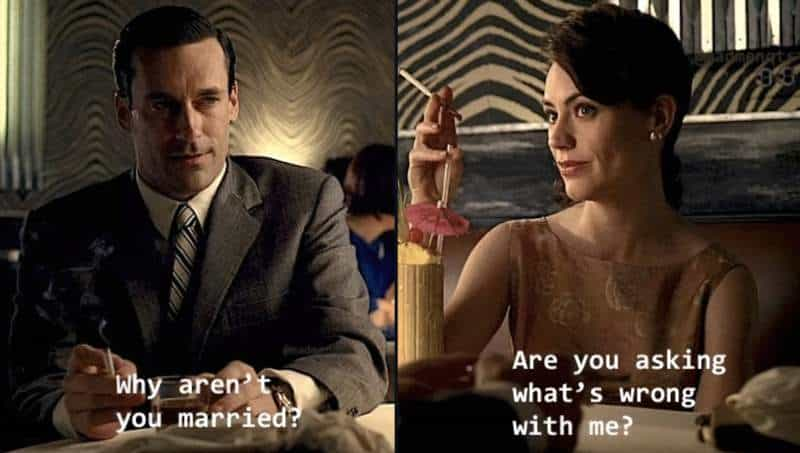
There are far too many absolute cinnamon rolls who are unhappily alone, and waaaaaaaay too many selfish jerks celebrating golden wedding anniversaries and stinking up R/relationships to ever conclude that romantic love is distributed fairly according to merit.
Captain Awkward
I recently realized a that character in a show I like was changed to be in love with another character, when before their relationship was undefined, because it made them “more sympathetic”.
I wish there wasn’t this idea that being in love romantically makes you a better person, or gives you an excuse to do things others wouldn’t. It puts romantic love on this pedestal where you’re better or more relatable just because you have feelings for someone
Submitted April 8, 2023 by Anonymous to aroaceconfessions on Tumblr
You are probably familiar with the classic storybook world: the cosy home with its 1950s technology, the suburban safety, the two-storeyed dream house and the neighbours who know each other, the neighbourhood school, the big yellow school bus… The white, heteronormative, amatonormative households.
Wait, what…?
Love is a joint experience between two persons — but the fact that it is a joint experience does not mean that it is a similar experience to the two people involved.”
Carson McCullers, The Ballad of the Sad Café and Other Stories
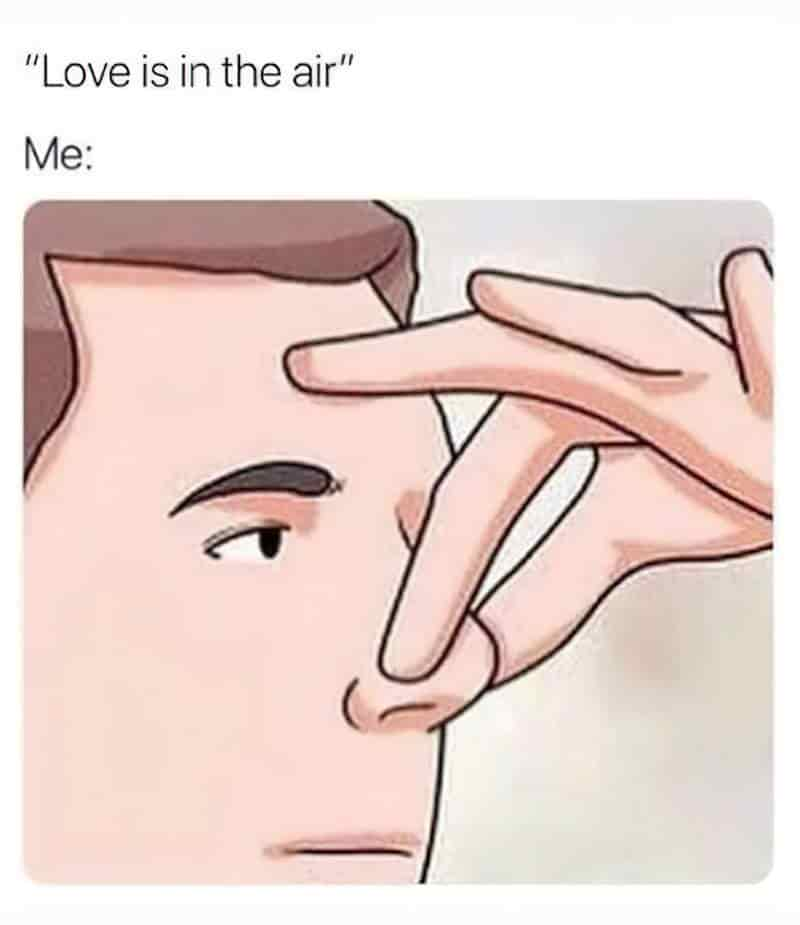
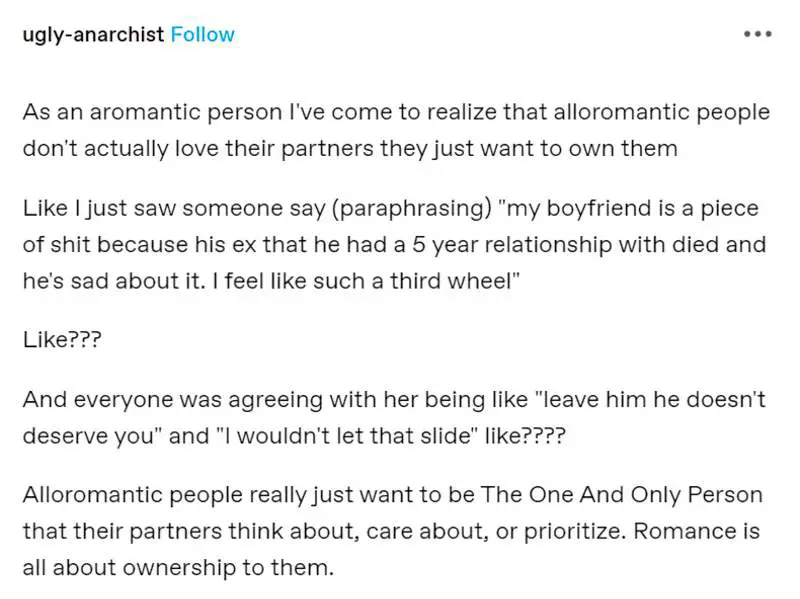
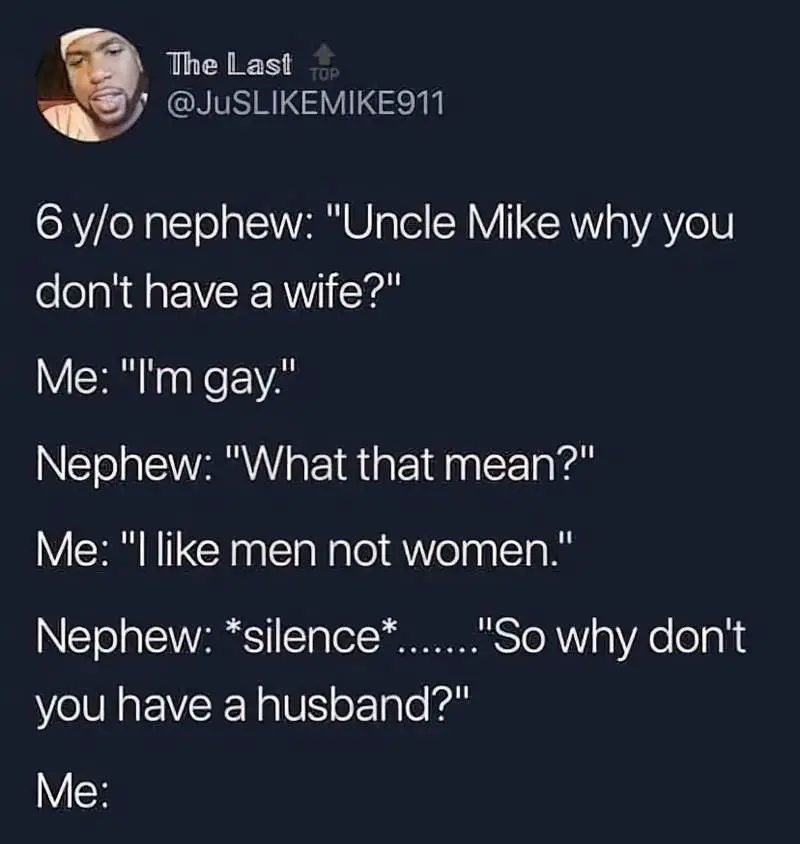
WHY IS THE WORD AMATONORMATIVITY NECESSARY?
Amatonormativity intersects with cisnormativity, heteronormativity and patriarchal gender norms. What amatonormativity tells us is that EVERYONE wants and needs a committed heterosexual monogamous romantic relationship that usually ends in children. The American 50’s ideal is a good example of that
The reason why the other terms I mentioned are not enough to talk about these issues is that they don’t target specifically the nature of relationships under patriarchy. They are obviously talked about (especially in discussions about gender norms) but they are not the focus. There is also the problem that many don’t recognize the insistence of love as a measure for one’s humanity as a problem at all.
[…]
Not only does it affect the lives of aspecs, polyamorous people, childfree and infertile people by making them feel less human for not participating in it’s rituals, it also implicitly supports cisnormativity and heteronormativity.
The model proposed by amatonormativity is ripe for exploitation, manipulation and abuse. It cuts off people’s support networks by devaluing all other kinds of connections, it keeps people from leaving abusive relationships by eliminating all kinds of alternatives to happiness and fulfillment, it makes people enter relationships they don’t want because it makes it seem like there is no other alternative, it blinds people to potential or ongoing abuse because it makes us believe that love can only be good and pure.
casually-exhausted on Tumblr

BREAKING DOWN AMATONORMATIVITY BENEFITS EVERYONE
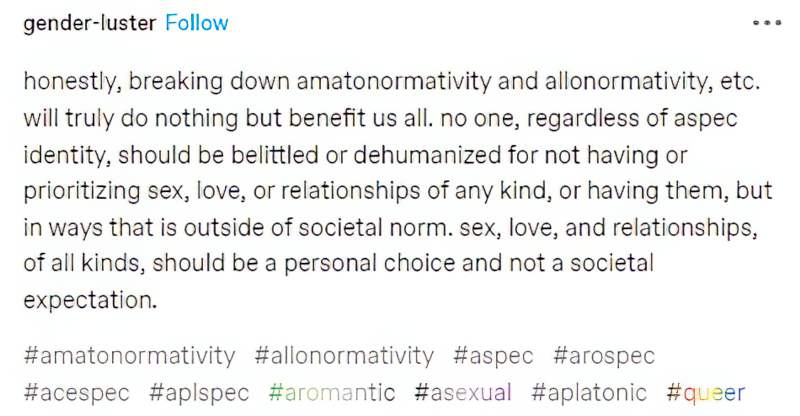
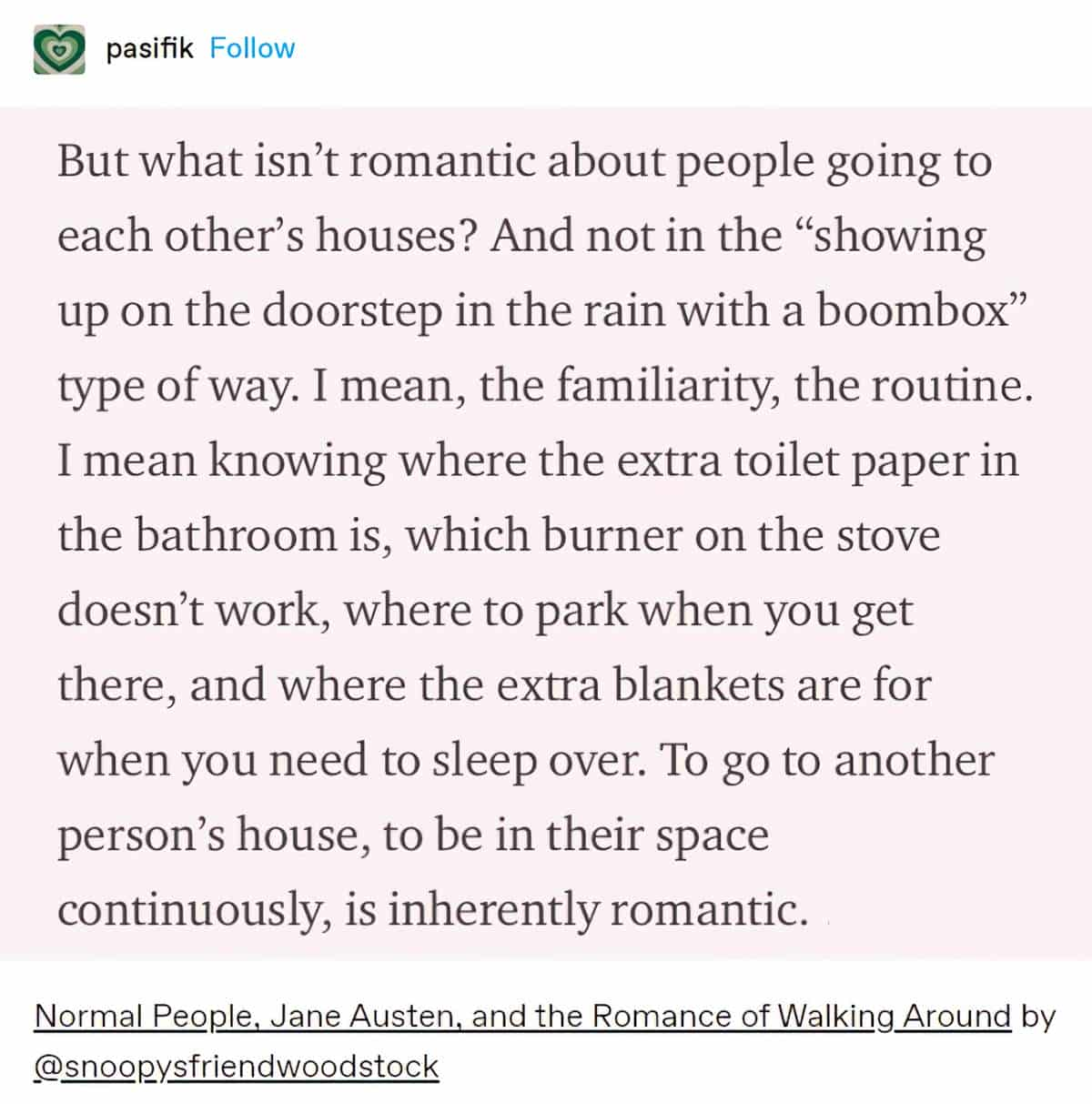
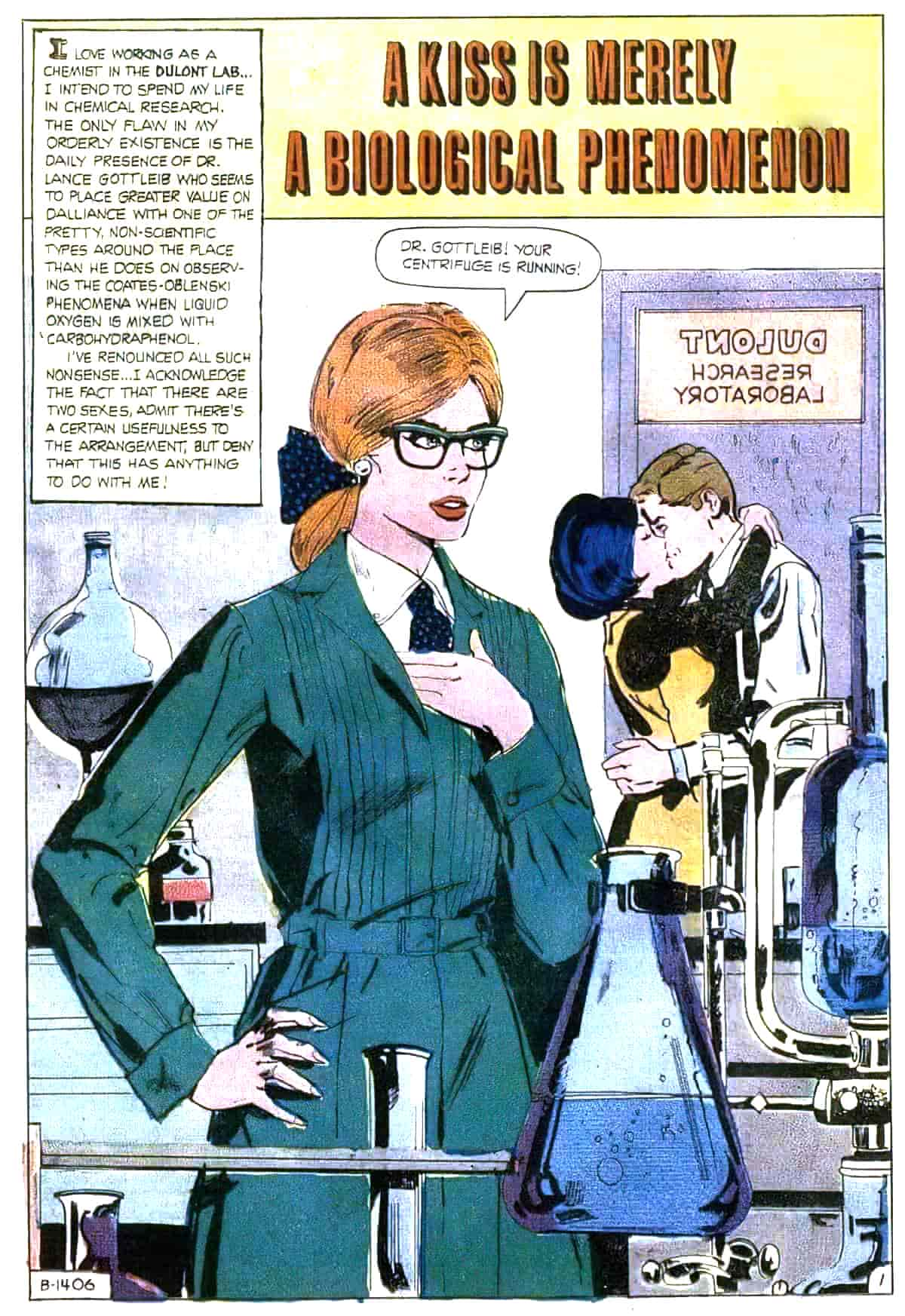
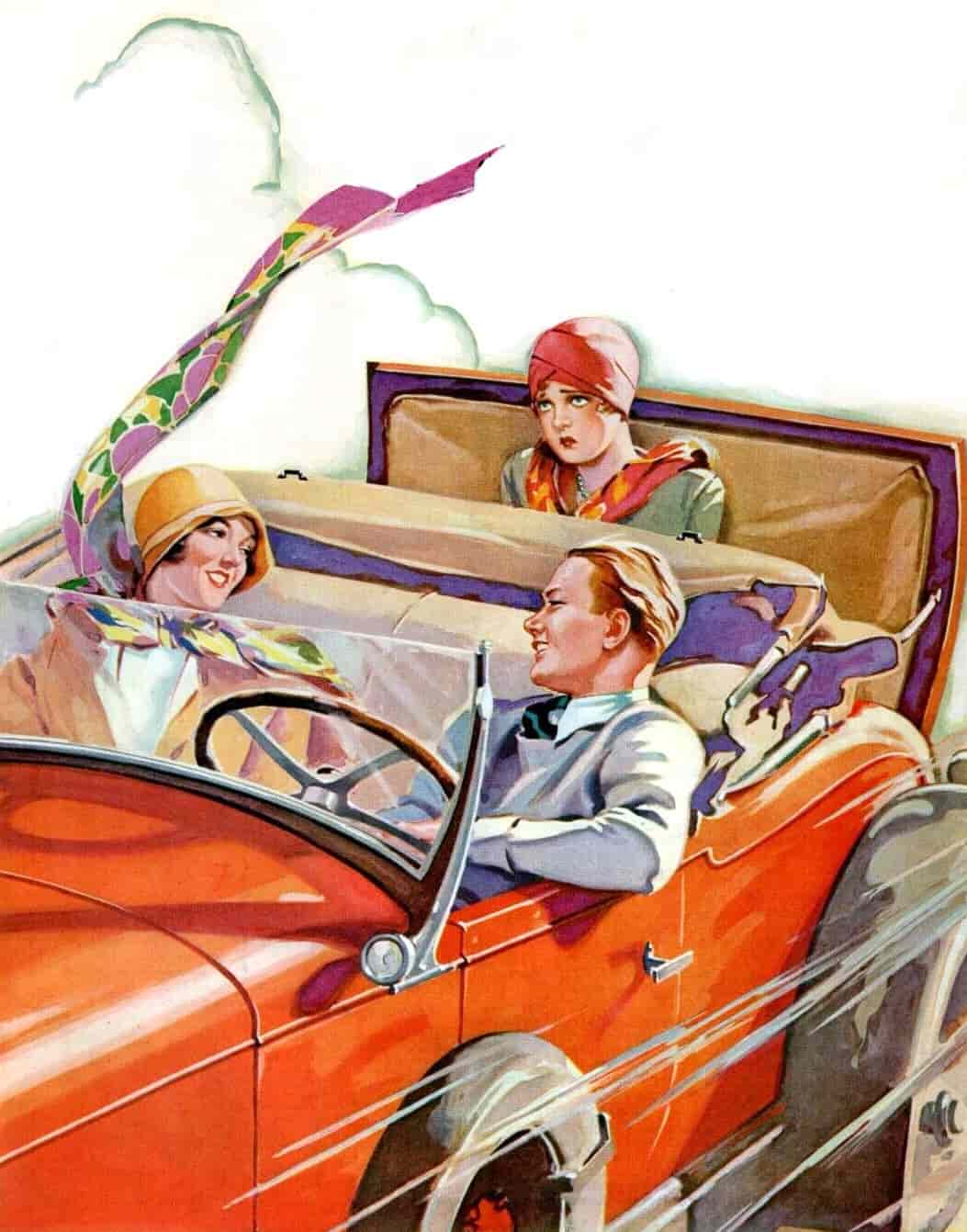
IS THIS JUST A MADE-UP INTERNET THING?
Before the word ‘amatonormativity’ existed, people were enjoying a wide variety of adult relationships, and without the wider community assuming covert LGB attraction. Before the word ‘amatonormativity’ we had Boston marriages, for instance:
Boston marriages were not glorified roommates but true partnerships that provided structure and companionship.
Ace: What Asexuality Reveals About Desire, Society, and the Meaning of Sex by Angela Chen
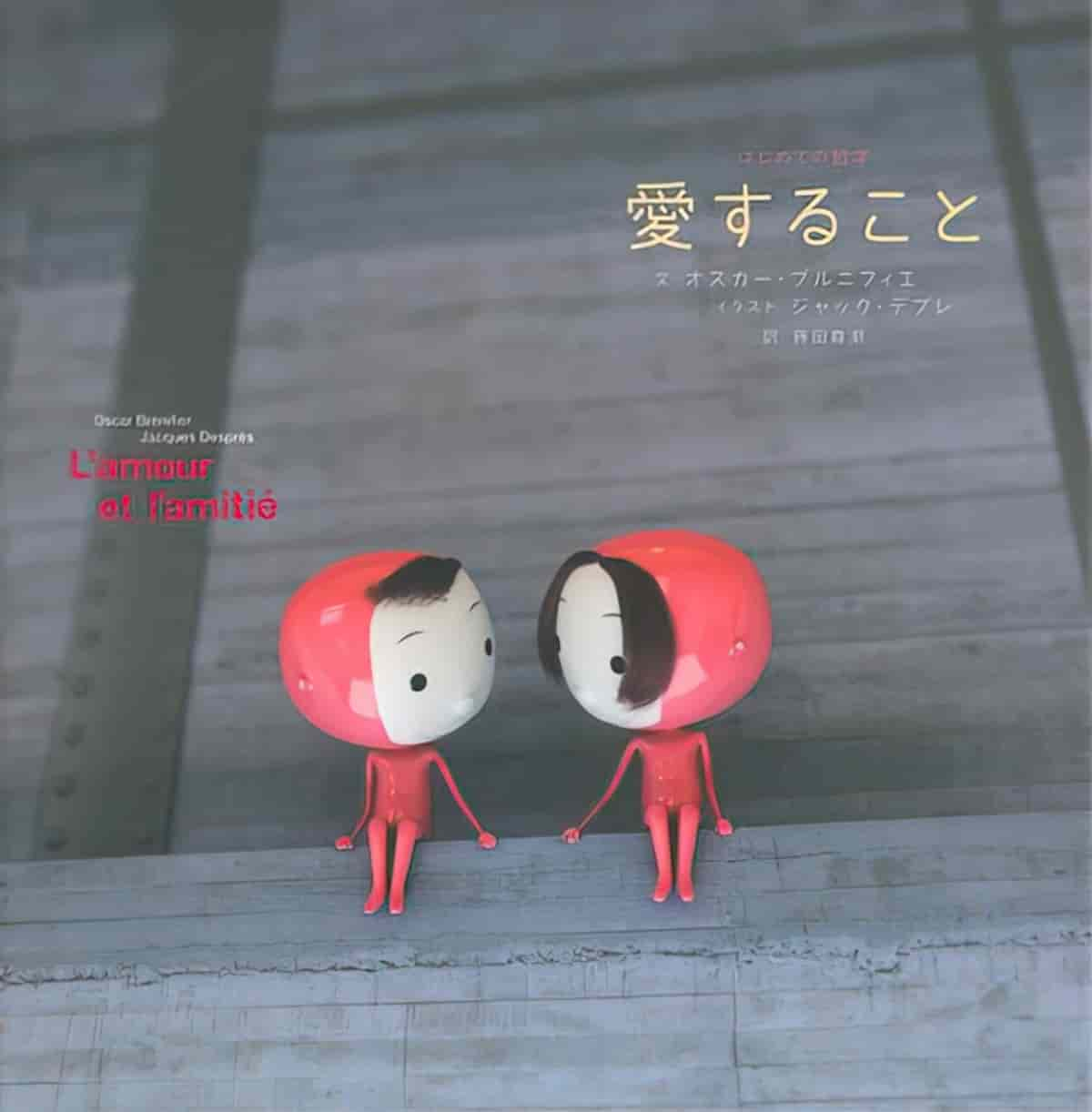
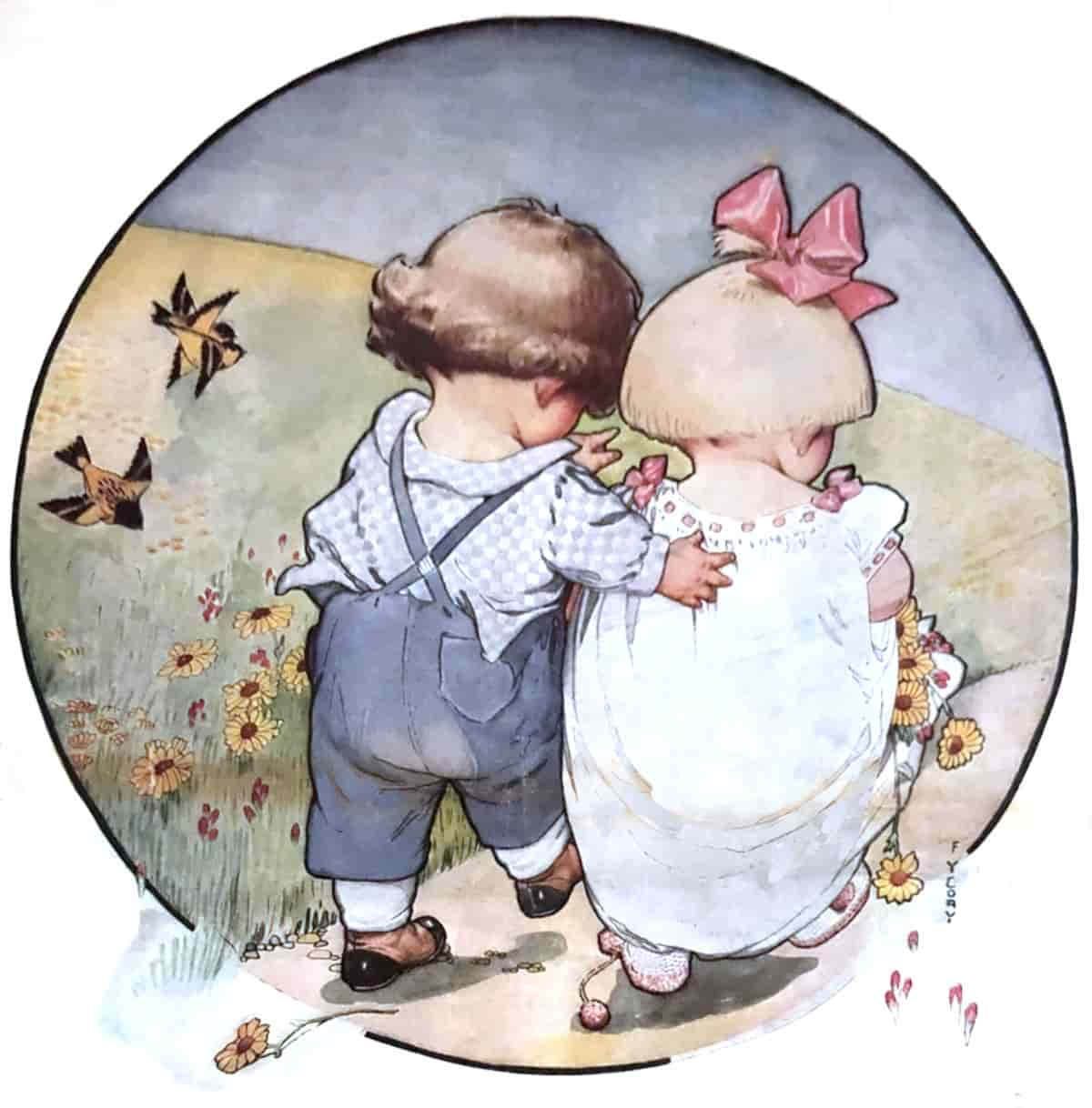
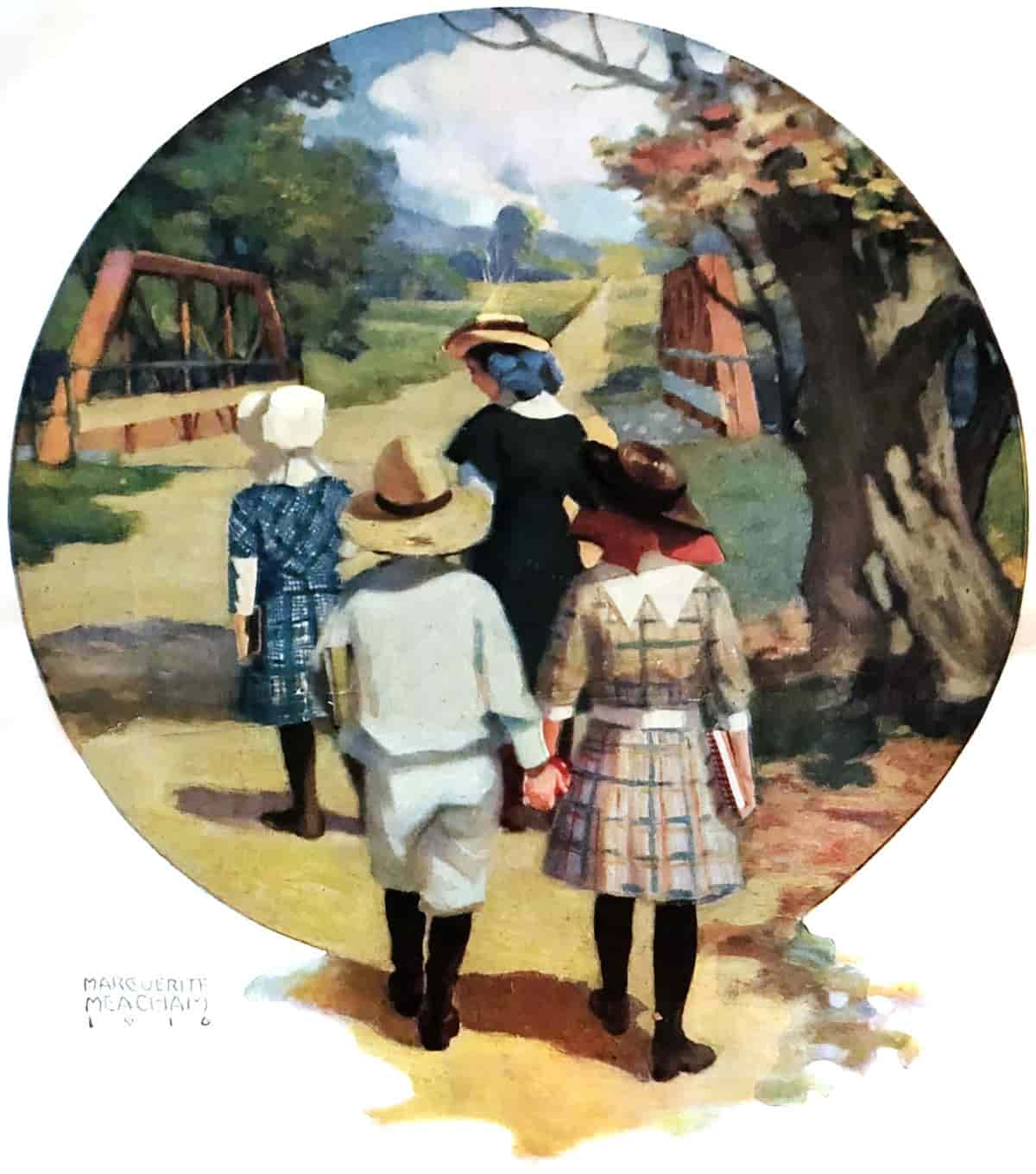
WHY IS AMATONORMATIVITY A PROBLEM?
The expectation that people will fall in love, marry and live together happily for the rest of their lives, fulfilling each other’s romantic, sexual and emotional needs forever, isn’t actually reality for most adults, let alone for a-spec people. This expectation affects everyone who ‘fails’ to achieve the dominant ideal of life-long commitment, in very real economic and psychological ways:
Baggini advocates for allowing siblings or just very close friends to “have the same rights as those in civil partnerships.” … “It doesn’t matter if it’s different-sex only or same-sex marriage, so long as we restrict marriage to romantic and sexual partners we will ensure amatonormativity.” … amatonormativity makes Boston marriages uncommon and contributes to the problem of care in old age. When the nuclear family is the ideal, it is commonly assumed that members of the family (the children, the spouse) will act as unpaid caregivers later in life, leading to questions like, “Who will take care of you when you’re old?” … Amatonormativity and the assumption of free familial care have made it easier to ignore the necessity of changing welfare and labor laws to make eldercare more financially accessible and also to compensate the caregivers more fairly.
Ace: What Asexuality Reveals About Desire, Society, and the Meaning of Sex by Angela Chen

THE INCREASING AMATONORMATIVITY OF CONTEMPORARY CHILDREN’S BOOKS
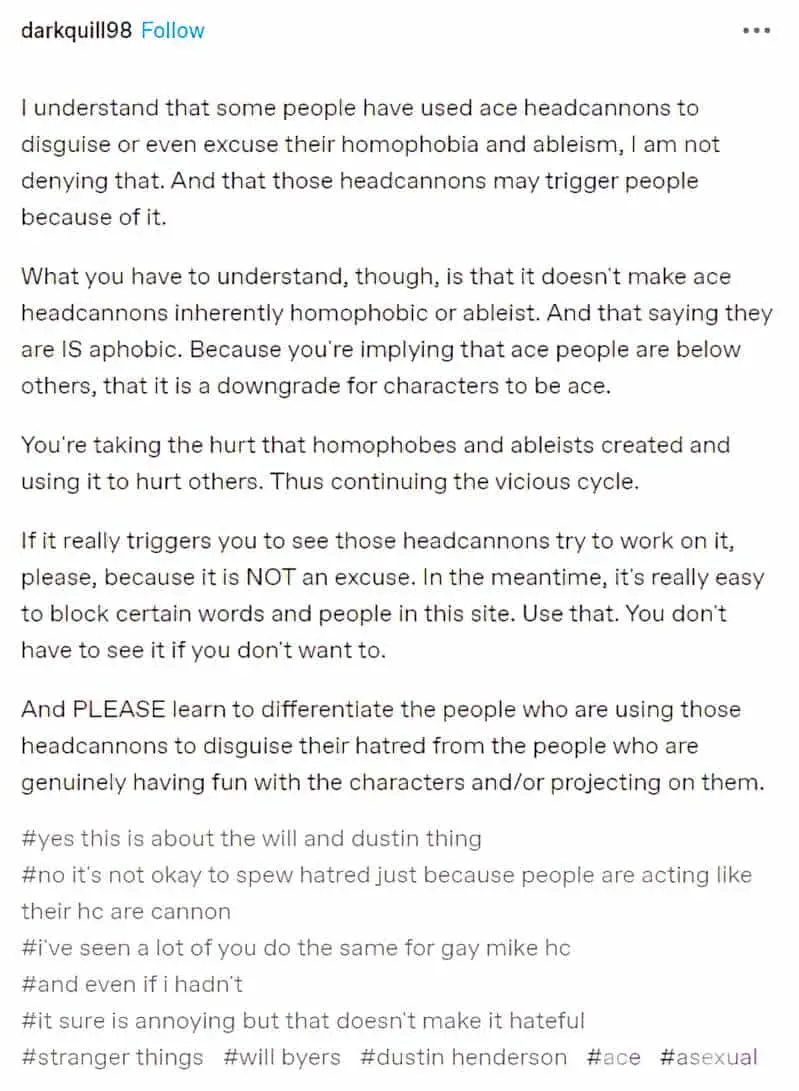
From The Lion The Witch and the Wardrobe to contemporary novels such as Delirium, stories for young people are predominantly concerned with a world devoid of love rather than worlds in which all types of love are elevated to the status of romantic love.
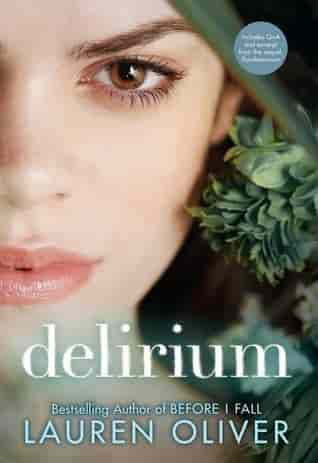
In an alternate United States, love has been declared a dangerous disease, and the government forces everyone who reaches eighteen to have a procedure called the Cure. Living with her aunt, uncle, and cousins in Portland, Maine, Lena Haloway is very much looking forward to being cured and living a safe, predictable life. She watched love destroy her mother and isn’t about to make the same mistake.
But with ninety-five days left until her treatment, Lena meets enigmatic Alex, a boy from the “Wilds” who lives under the government’s radar. What will happen if they do the unthinkable and fall in love?
My concern on this blog is predominantly with ideology in fiction, with a focus on stories made with children as implied audience.
Today, many stories are coming at children via screen, even when those stories started off as picture books and novels.
When screenwriting teams bulk up children’s picture books to make a feature-length film, screenwriters commonly introduce or expand upon an implied or previously non-existent romance in a children’s story, turning it into a fully-fledged subplot.
(I’m not fully on board with the entire concept of ‘subplot‘, as successful subplots. So-called ‘sub’-plots are fully-fledged para-stories in their own right.)
This phenomenon, in which everything has to be about romance now, is an established issue in fanfic. Fans commonly take a non-sexual or non-romantic relationship and turn it into one, erasing examples of non-sexual, non-romantic relationships in their attempt to make it ‘deeper’.

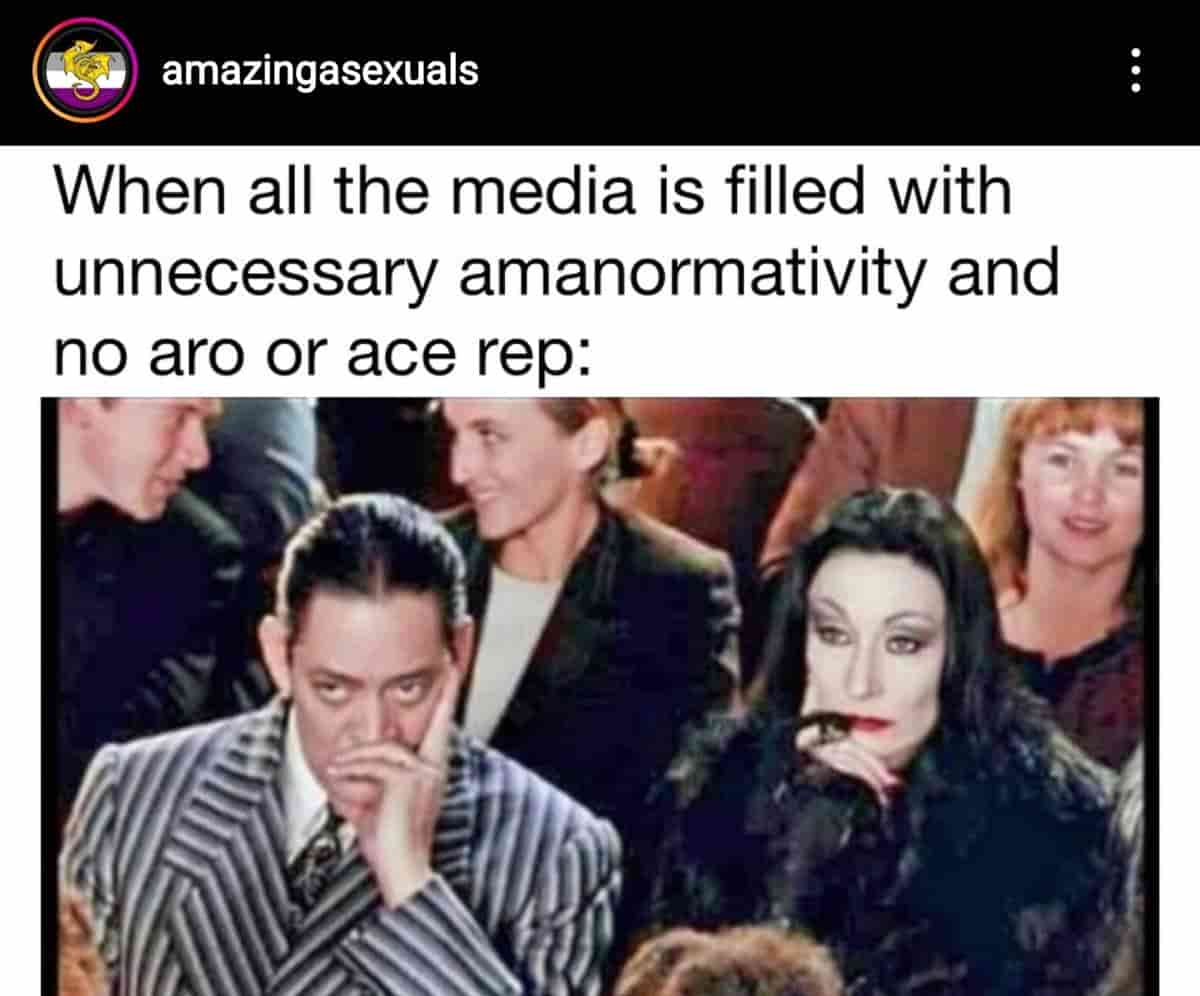
AMATONORMATIVITY CLARIFIED VIA FILM ADAPTATIONS OF OLDER CHILDREN’S STORIES
BEEZUS AND RAMONA
I grew up reading Beverly Cleary’s middle grade novels. I shouldn’t have been surprised to see that when Beezus and Ramona was adapted for film in 2010, in time for my own child to enjoy Beverly Cleary yet another generation later, that the romantic drama of the girls’ Aunt Bea took up a significant proportion of air time.
Aunt Bea is played by Ginnifer Goodwin, with her romantic opponent played by Josh Duhamel, who we might expect to take leading roles in rom-coms for adult audiences. Clearly, Beezus and Romana (the film) is a rom-com as much as it is about the relationship between two sisters and interpersonal problems in the home and at school.
SEUSSICAL THE MOVIE
The widow of Dr Seuss had some say over how the movie adaptations of some of his work were carried out.
In spite of the relative scarcity of gross-out humor, the Grinch movie and ”Seussical” are full of things that would seem, in Seuss, curiously out of place. For one thing, Seuss’s meticulous page design and linear storytelling have given way to a lot of visual and narrative clutter. In order to fill an hour and a half of screen time or an evening of theater, the sparse, fablelike stories had to be stuffed full of character and incident, and the simple plots warped into conventional psychodramas. Lynn Ahrens and Stephen Flaherty, the authors of ”Seussical,” wove together stories and characters from about 20 different books, and extrapolated, from the Horton books and the less well-known story of Gertrude McFuzz, a full-blown romance. According to Ahrens, she and Flaherty came up with this idea in collaboration with Eric Idle, the former Monty Python member who is credited as one of the show’s creators. ”Where’s the sex?” she recalls him saying.
A.O. Scott, Sense and Nonsense, NYT Magazine
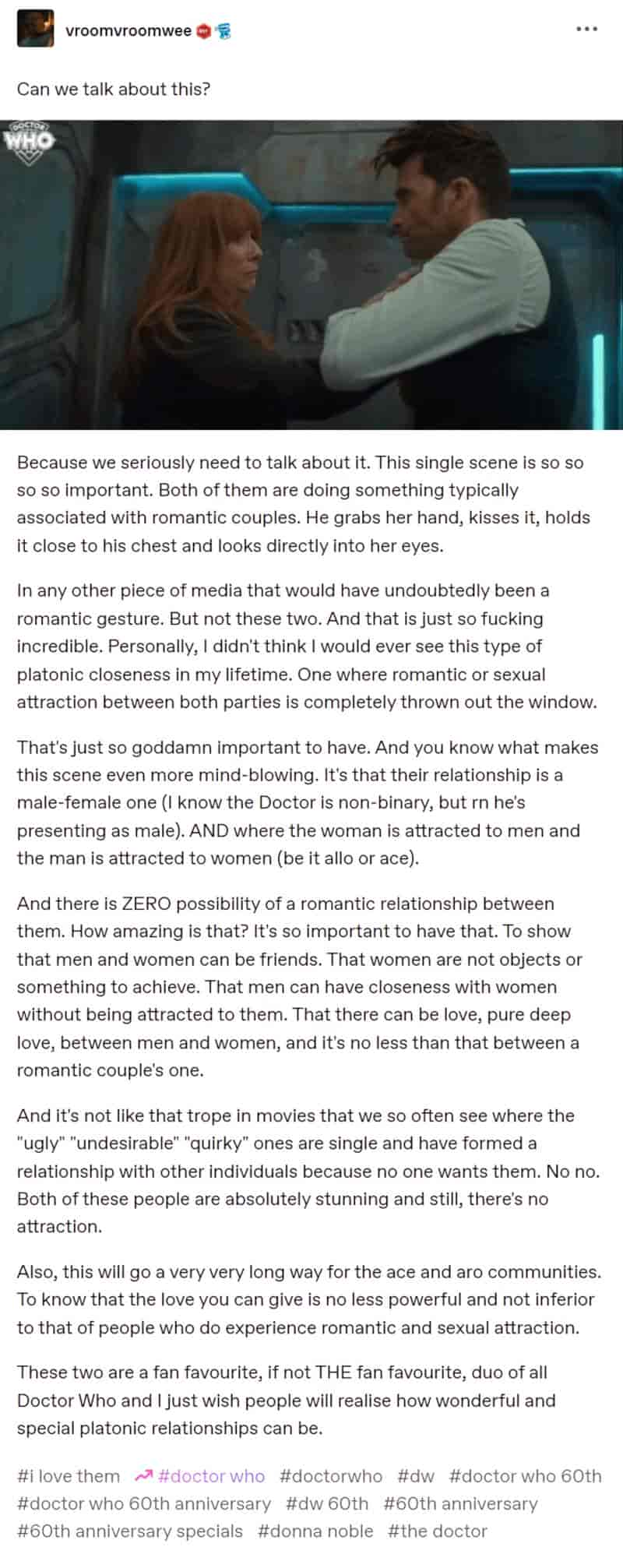
HOW THE GRINCH STOLE CHRISTMAS
The same article describes the romantic subplot of another Dr Seuss picture book about the Grinch. Note that many adult book buyers, like me, believe that sexuality brought down into books for young readers is problematic. The following will summarise some of this particular complaint:
Like Horton in ”Seussical,” the Grinch also has a love interest — as well as a young soul mate, the adorable Cindy Lou Who. It is Cindy Lou who first sees the monster’s essential goodness, and Cindy Lou who, while the grown-ups frantically shop, wonders what has happened to the true spirit of the holiday.
Cindy Lou, in other words, is like no child you’ve ever met. Instead, she’s a grown-up’s fantasy, the preternaturally wise, morally pure agent of a troubled adult’s salvation. Seuss associated childhood with the creative imagination and the awakening moral sense, for which the movie, in keeping with the tenor of the times, substitutes trauma and sainthood. Dr. Seuss’s children are not wise, and their purpose is never to rescue adults, but rather to discover the world and themselves. What Seuss’s children are, by nature, is intelligent. And if they are good, it’s not because they’re innocent, but because they are human. The moral is simple. Dr. Seuss, the most prodigious fantasist of his time, was a realist after all. A person’s a person, no matter how small.
A.O. Scott, Sense and Nonsense, NYT Magazine
The character of Cindy Lou Who of the screen adaptation is problematically sexualised, and continues to be as the actor grows into her 20s. Cindy Lou Who is also an example of the Female Maturity Formula, in which girls are depicted as preternaturally mature, without enjoying character arcs of their own.
There are issues with objectification in children’s stories, but my wish to avoid amatonormativity is not a wish to expunge the presence of adults and their romantic problems from stories made for children. Sexual people are sexual from childhood. Children are constantly observing sexual relationships around them without seeing the act of sex, nor even imagining it. Most children develop an intense curiosity about how adults live their adult lives, and stories for children can cater to that.
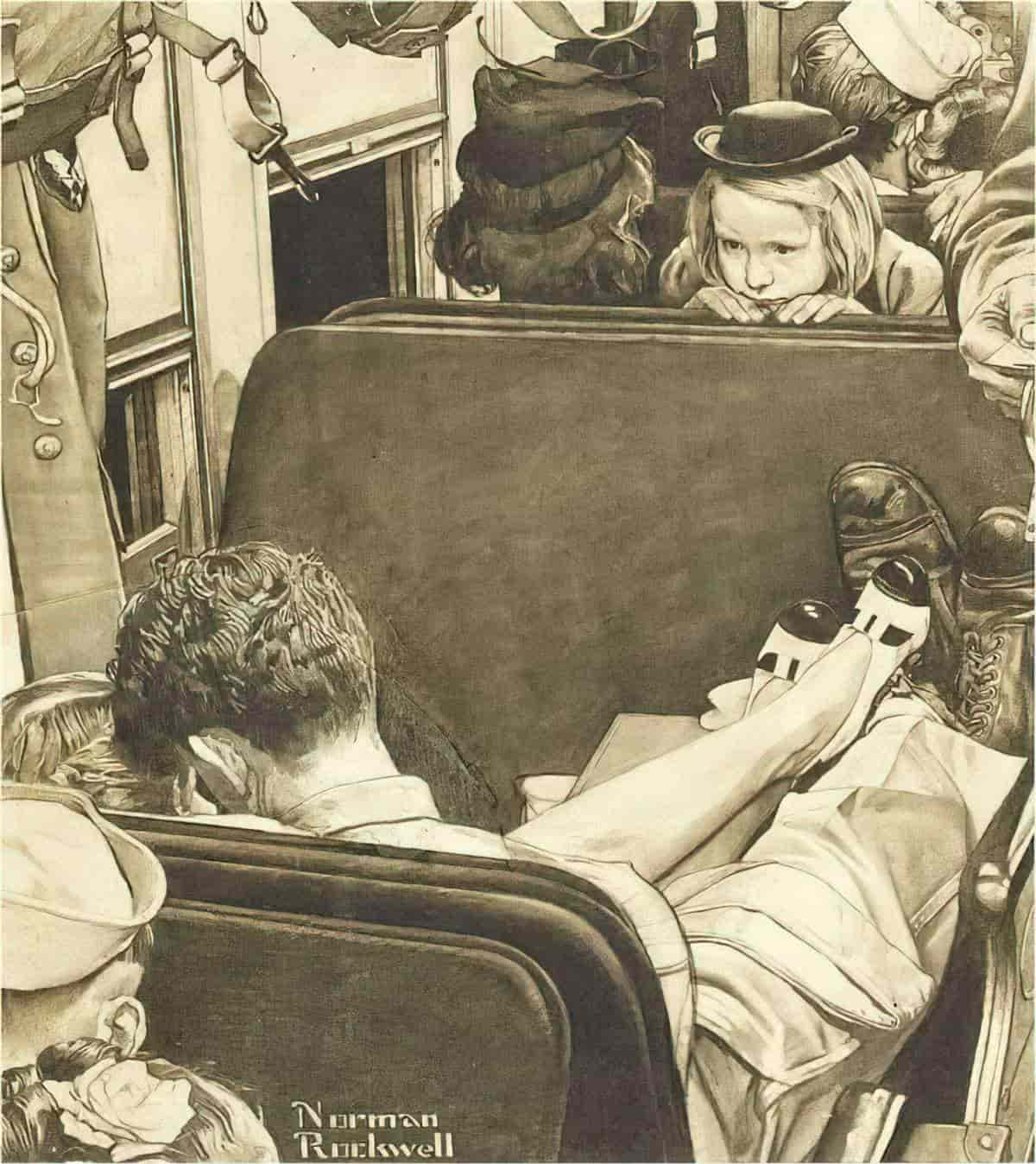
My issue is this: There currently exists a very narrow range of adult relationships depicted in stories for children. My beef is with covert ideology behind the symbolic annihilation of all other ways of living life as an adult. The message is currently this: Heterosexual and romantic relationships are the correct kinds of relationships to have, kids.
If we’re going to glamorise heterosexual relationships between good-looking adults in movie subplots, we’d better be showing a wider range of ways in which to enjoy life as an adult.
We do see other kinds of adult relationships in children’s stories. These are never glamorised, and most often depicted as problematic and villainous. I do love Kate diCamillo’s Mercy Watson series of early readers, but the two women (sisters?) next door are typical of non-romantic adult relationships depicted in children’s stories. The two old ladies next door are the in-group opponents across the Mercy Watson series. The spinster sisters fit the thin-fat duo archetype, and their personalities match their BMI. Eugenia is scrawny, mean and unempathetic. We want to see her punished a little. Meanwhile, the younger sister, “Baby”, is under her thumb, slightly stupid though basically nice.
Can we find examples of Boston marriages and other queer relationships in older stories? Well, yes and no. Even when they exist in classic literature, modern audiences code them as different kinds of queer, commonly by erasing the possibility of non-sexual and non-romantic alliances altogether. A standout case study of that is with Diana’s aunt in Anne of Green Gables, now coded as unambiguously lesbian in Anne With an E.
Children’s book world is starting to have a conversation about heteronormativity and whiteness as default in stories for children. But I’m yet to hear about problematic amatonormativity of children’s stories. We remain living in conservative times. Amatonormativity is yet to be considered a problem at all.
Unfortunately, when the ace community finds it more inclusive, more useful and more enjoyable to decode queer fictional characters as asexual rather than more visible and palatable types of queer, accusations of homophobia swiftly follow, as experienced by the author of How To Be Ace when talking about their asexual decoding of Brideshead Revisited:
I came across the TV adaptation of Brideshead Revisited, and the first romance I ever saw that very much looked like my own. It was very clear (and even stated!) that Sebastian and Charles were in love. And yet they never held hands or kissed, their love instead shown through the closeness of their emotional relationship.
At the time, I felt really validated and really happy to see a romantic relationship that was same sex (like mine) and also non-physical (like mine). Charles and Sebastian’s relationship was truly romantic and loving, so that meant mine was too, no matter how many people might question how I choose to express love to someone.
Over the years though, my interpretation of this story has been aggressively criticized. Why? Because many people view the relationship in Brideshead Revisited to be a sexual relationship (since the writer of Brideshead was indeed in several sexual gay relationships). And, since I interpret the relationship as asexual, that apparently means I’m denying the romance between the two gay characters – or so I’ve been told.
But my answer to this criticism is: by suggesting that I’m denying a romance through adding the asexual label, you’re suggesting that my own gay relationship is not real or romantic enough for you. Do these people who criticize my interpretation of one story also think that I don’t truly love my girlfriend as much as those who are in physical relationships?
Rebecca Burgess at the Jessica Kingsley blog
THE CHINESE CONCEPT OF 知音
I want to talk about the Chinese term 知音 (pronounced zhīyīn in Mandarin), which has influenced my thinking about queerplatonic relationships. zhī 知: to know, knowing yīn 音: music, sound literally, a zhīyīn is someone who “truly understands your songs“.
The term zhīyīn comes from a story about finding a kindred spirit through music. There are many versions of the story. Here’s one version: One day, the musician Yu Boya was playing a qin in the wilderness, when he met Zhong Ziqi. When Boya played one song, Ziqi immediately understood it and described it as reflecting the mood of high mountains (高山). When Boya played another song, Ziqi also comprehended immediately and described it as creating the mood of flowing waters (流水).
Ziqi could understand all of Boya’s songs. When Ziqi passed away, Boya felt so distressed that he destroyed his qin and never played it again. Boya thought of Ziqi as a “zhīyīn,” and that term continues to be widely used to this day.
In a modern context, the term of “zhīyīn” is often translated into English as a soulmate, a kindred spirit, or a very close friend, but at its core, it’s a term that refers to a type of intensely emotional, spiritual, and platonic connection with someone.
The original songs played by Boya have been long lost to the passage of time, but musicians and composers have tried to imagine what the songs might have sounded like.
There’s even a recording of “Flowing Waters” (流水) included on the Voyager Golden Record, symbolically helping humankind search for a zhīyīn as it drifts around in outer space.
It’s very similar to the idea of a soulmate but without the necessary romantic connotations of the word in English.
The concept of zhīyīn is explored again and again in various Sinophone literature and popular media, from wuxia and xianxia c-dramas to poetry that alludes explicitly or indirectly zhīyīn.
Yilin Wang, in a Twitter thread. (Further examples in their thread)
I want to see more “romance novels” where the goal is deep friendship and the obstacle is whether they’ll overcome their shyness and insecurities enough to talk excitedly about their special interests.
Boze Herrington (@BozeReads)
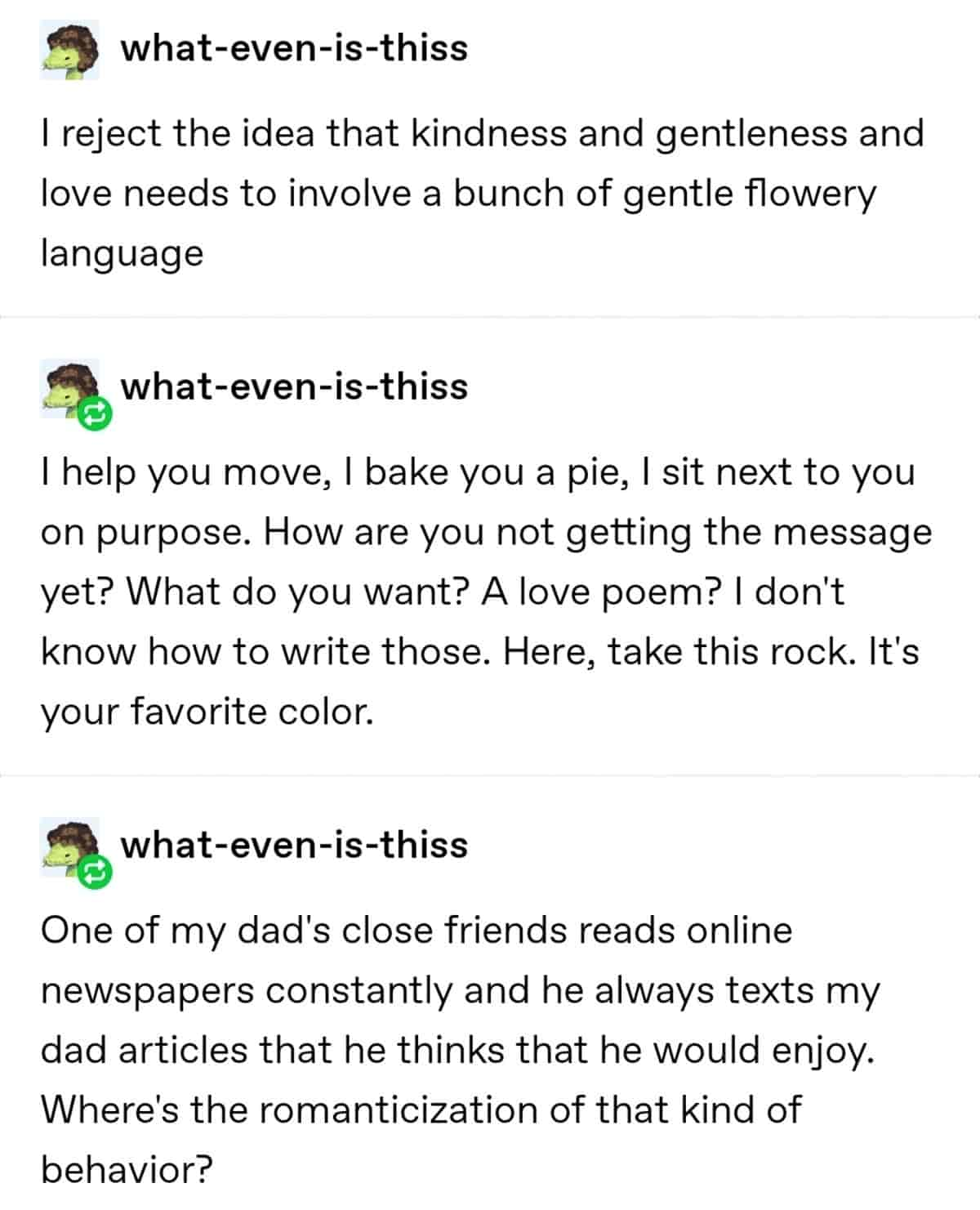
I don’t know who needs to hear this, but not being in a romantic relationship or having little or no experience in a romantic relationship does not make you weird. Society just place a lot of weight on romance for some reason, so it’s seen as something everyone must want to be in. And I’m here to tell you: You really don’t. Not wanting a romantic relationship, not having experience with romantic relationships or having little experience does not make you weird. First of all love comes in many forms, and you can have a beautiful and fullfilling life without romantic love. But if you do want a romantic relationsship, know that you may feel a lot more alone or weird than you actually are.
The thing is, when society deems something as “desirable, important, a must have” then you will likely not have a whole lot of people raising their hands and talking about their experience if it goes against that “goal”. Which is why we need to share stories and broaded the spectrum of experiences. People feel alone, and they are scared of talking about their experience/wants, so because of that you actually don’t know how many are in the same shoes as you. And people who fit with these goals will speak more, cause they do not have the fear of being weird. There can be a million reasons why it hasn’t happened yet, or why you have limited experience. You’re fine, I promise. And if you want a romantic relationship now or at some point in the future, I hope you find someone really nice & gentle, whom you just click with.
suggestionsofkindness on Tumblr
FURTHER READING
Unpartnered: Building A Full, Single Life, Embodied podcast
Money and Love: An Intelligent Roadmap for Life’s Biggest Decisions
Should we separate decisions related to love and money, approaching finance and career-related decisions solely in a rational way while relying more on our emotions in the personal domain? Perhaps it’s time to start using both our heads and hearts together when making life’s most significant decisions.
Myra Strober is an emerita Professor at the Schools of Education and Business at Stanford University. She also sits on the board of journal Feminist Economics and is the former president of the International Association for Feminist Economics. Abby Davisson is a social innovation leader and career development expert. She is a senior leader on global retailer Gap Inc.’s Environmental, Social, & Governance (ESG) team and is President of Gap Foundation. She is also an alumni career advisor at Stanford’s Graduate School of Business.
Together they wrote the book Money and Love: An Intelligent Roadmap for Life’s Biggest Decisions, exploring how to navigate life’s most consequential and daunting decisions.
Myra, Abby, and Greg discuss the importance of incorporating decision-making into an interdisciplinary curriculum at an early stage for students to equip them with the skills to make optimal strategic choices while avoiding the need to compromise their professional or personal lives.
New Books Network
Over time, I realized I have zero desire to get married. I have zero desire to have children. I am just one of those people who is happiest on their own. I’m enormously fond of my own company.
Cindy Gallop, 62
I’m a 62-year-old woman who only dates men in their 20s, loves being single, and can’t wait to die alone, Insider
They’re Single. They’re Straight. They’re Friends. And They’re Having a Baby.
You want a child. You don’t want to do it alone. What do you do? For an increasing number of women, the answer is raising a kid with their BFF. (Marie Claire)
it’s wild how attractive people become when they love trains, old films, misty lamp-lit cobbled streets, art deco, university libraries, weird folklore, autumn foliage, soft rains, Victorian novels, piano concertos and books in the post.
@SketchesbyBoze
People Get All Weird If You Tell Them You Chose to Be Single: Why? Tell people how you feel and they will believe you — unless you are happily single by Bella DePaulo
A Quoiromantic Perspective on Compulsory Romantic Orientation by Coyote
Books Without Romance at Book Riot
How To Enjoy Being Single: ‘Happily ever after’ is a romantic myth. Defy society’s singlism and discover ways to embrace a joyful, independent life by David Robson at Psyche
Marilyn Monroe was probably aromantic/asexual.
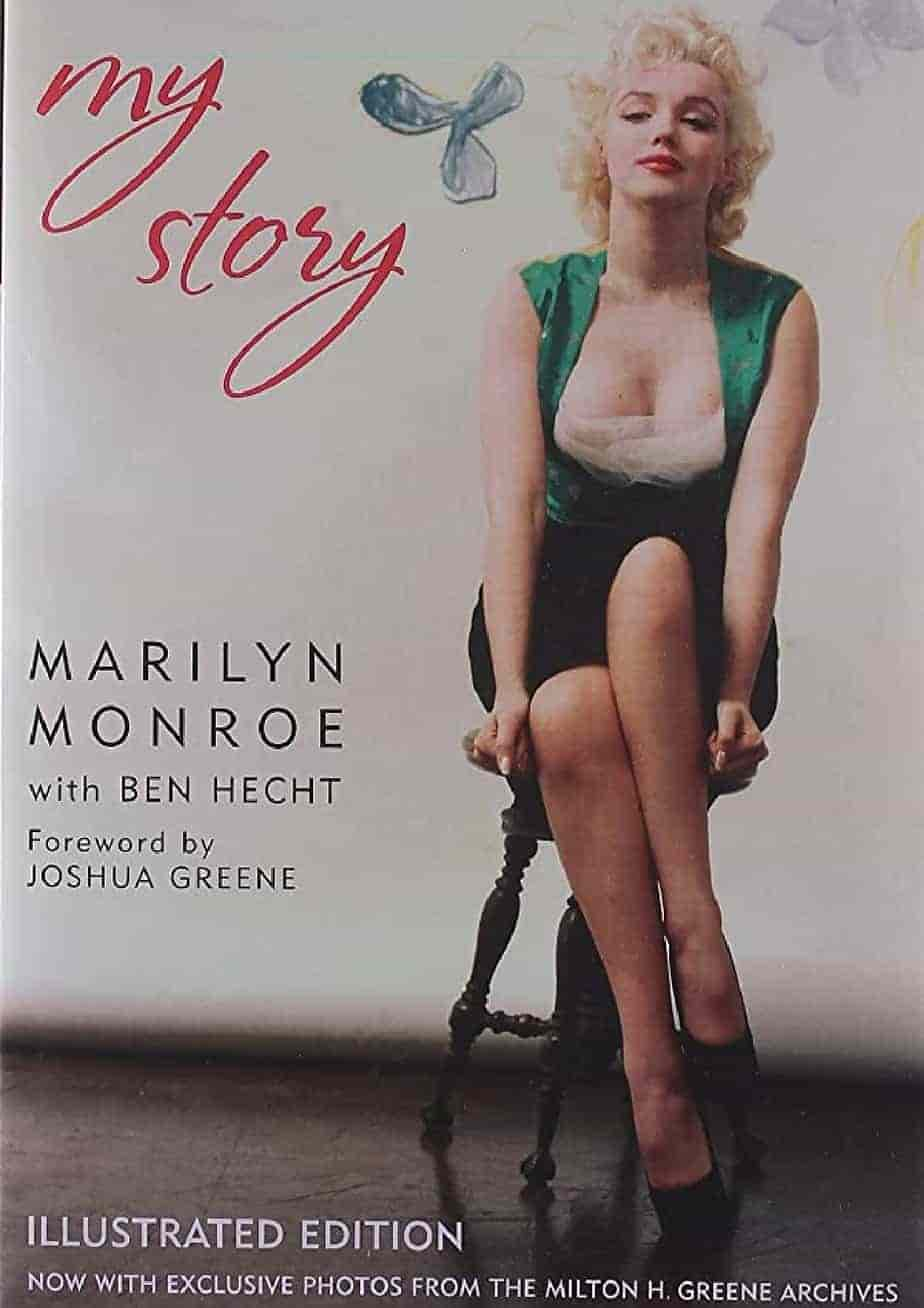
Why I was a siren, I hadn’t the faintest idea. There were no thoughts of sex in my head. I didn’t want to be kissed, and I didn’t dream of being seduced by a duke or a movie star. The truth was that with all my lipstick and mascara and precocious curves, I was as unsensual as a fossil. But I seemed to affect people quite otherwise.
I have noticed since that men usually leave married women alone, and are inclined to treat all wives with respect. This is no great credit to married women. Men are always ready to respect anything that bores them. The reason most wives, even pretty ones, wear such a dull look is because they’re respected so much.
Maybe it was my fault that the men in the factory tried to date me and buy me drinks. I didn’t feel like a married woman. I was completely faithful to my overseas husband, but that wasn’t because I loved him or even because I had moral ideas. My fidelity was due to my lack of interest in sex.
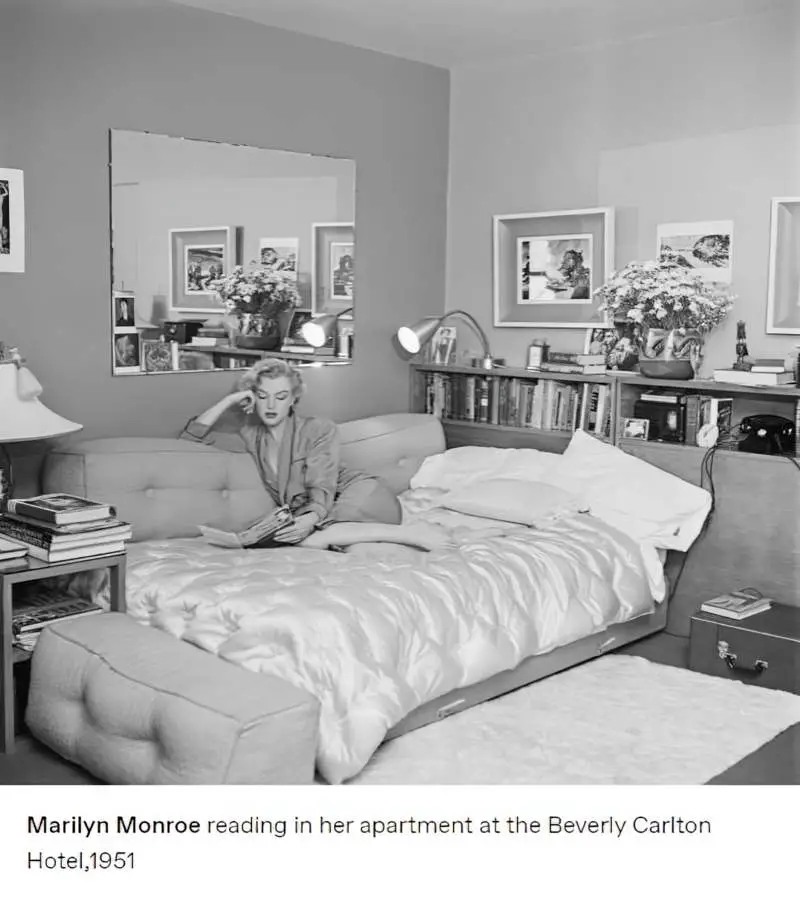
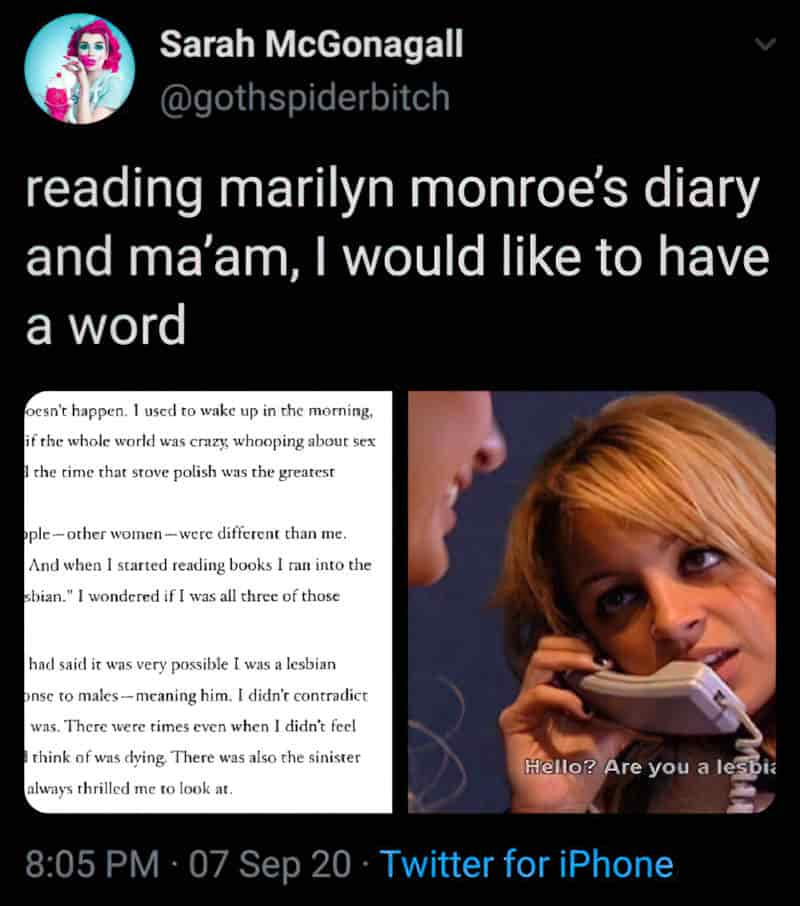
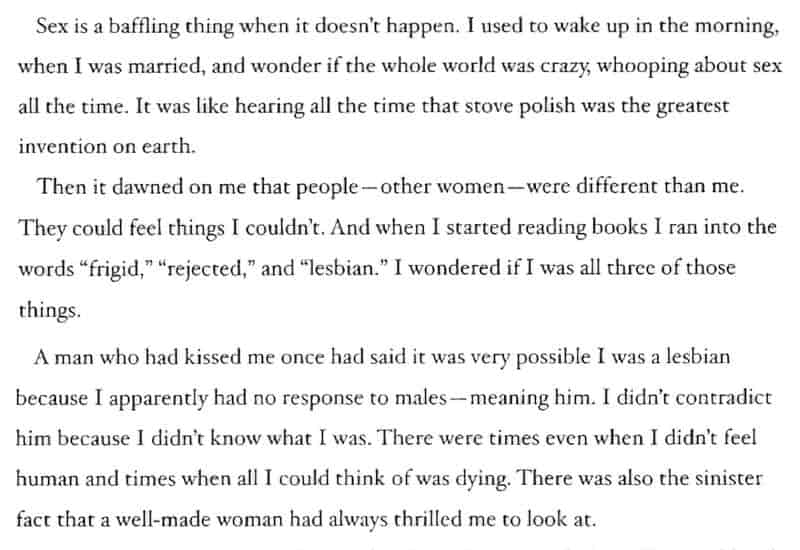
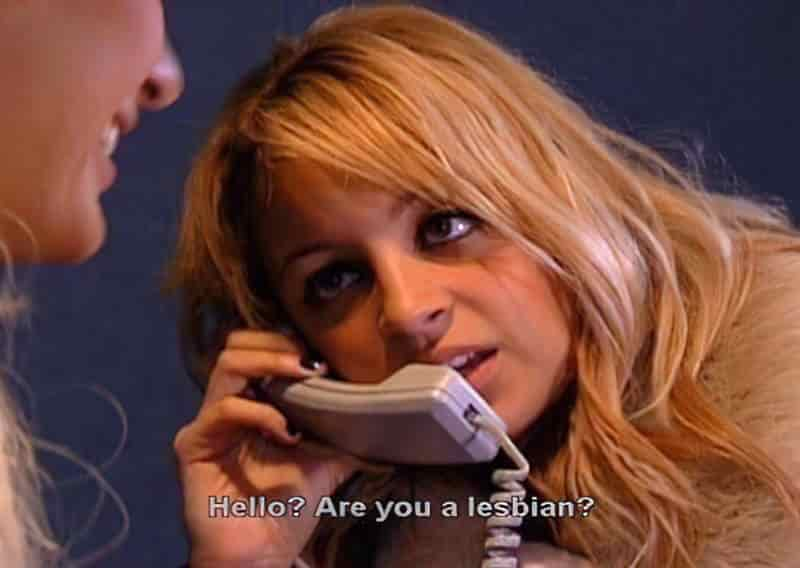
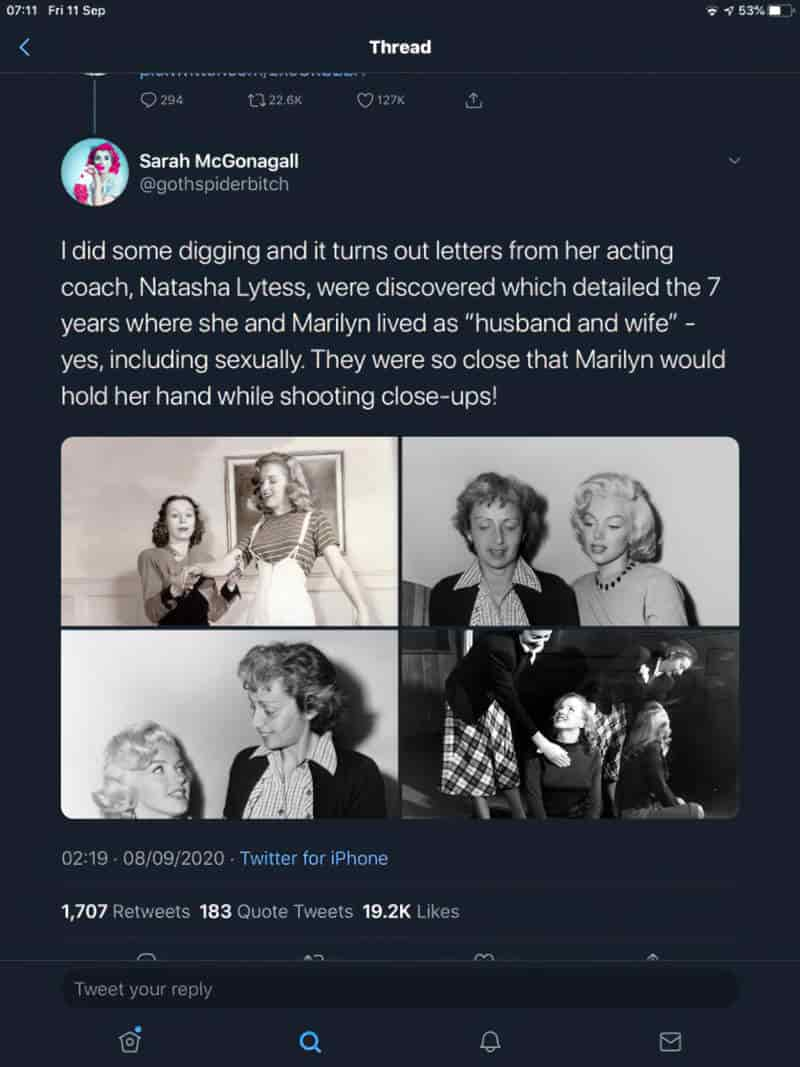
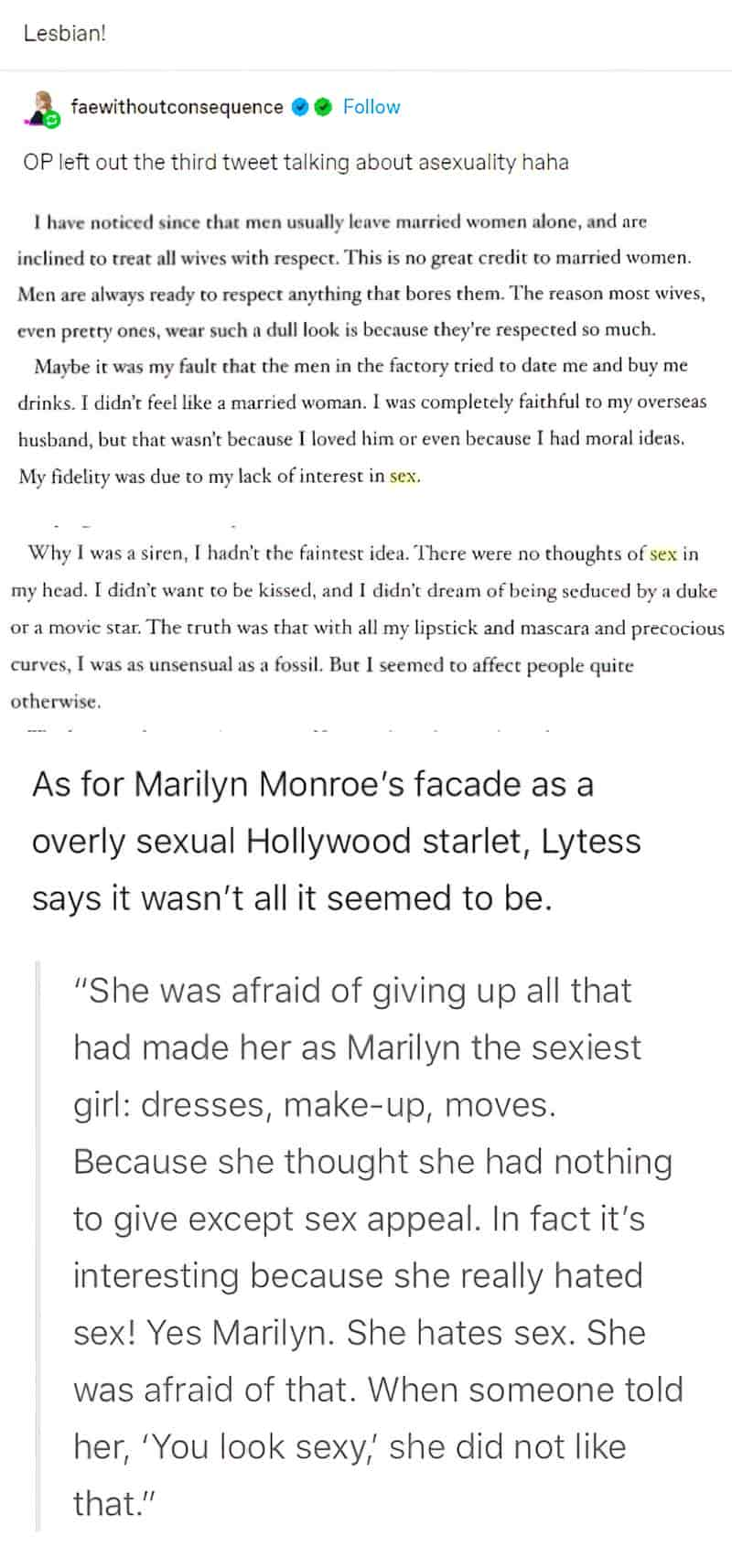
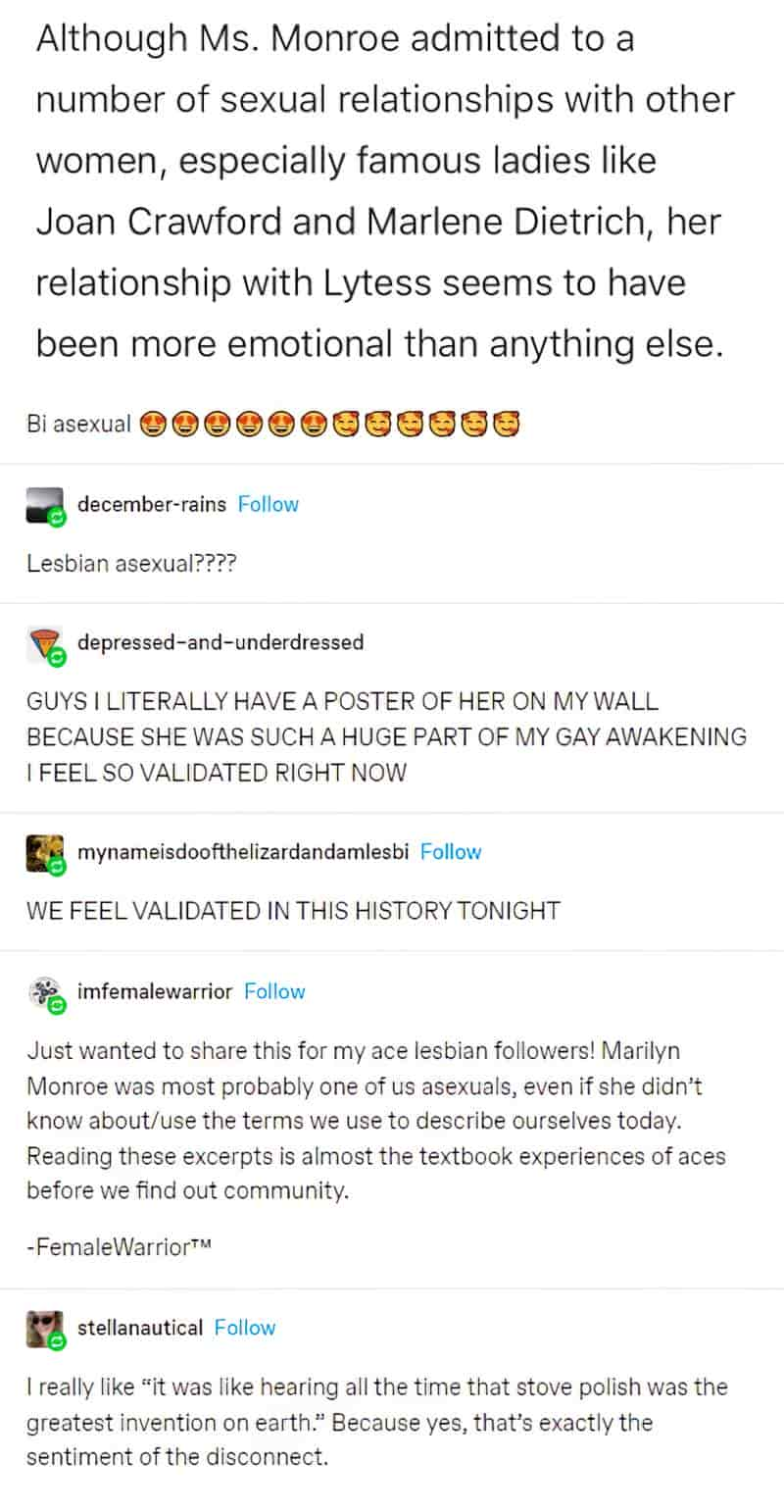
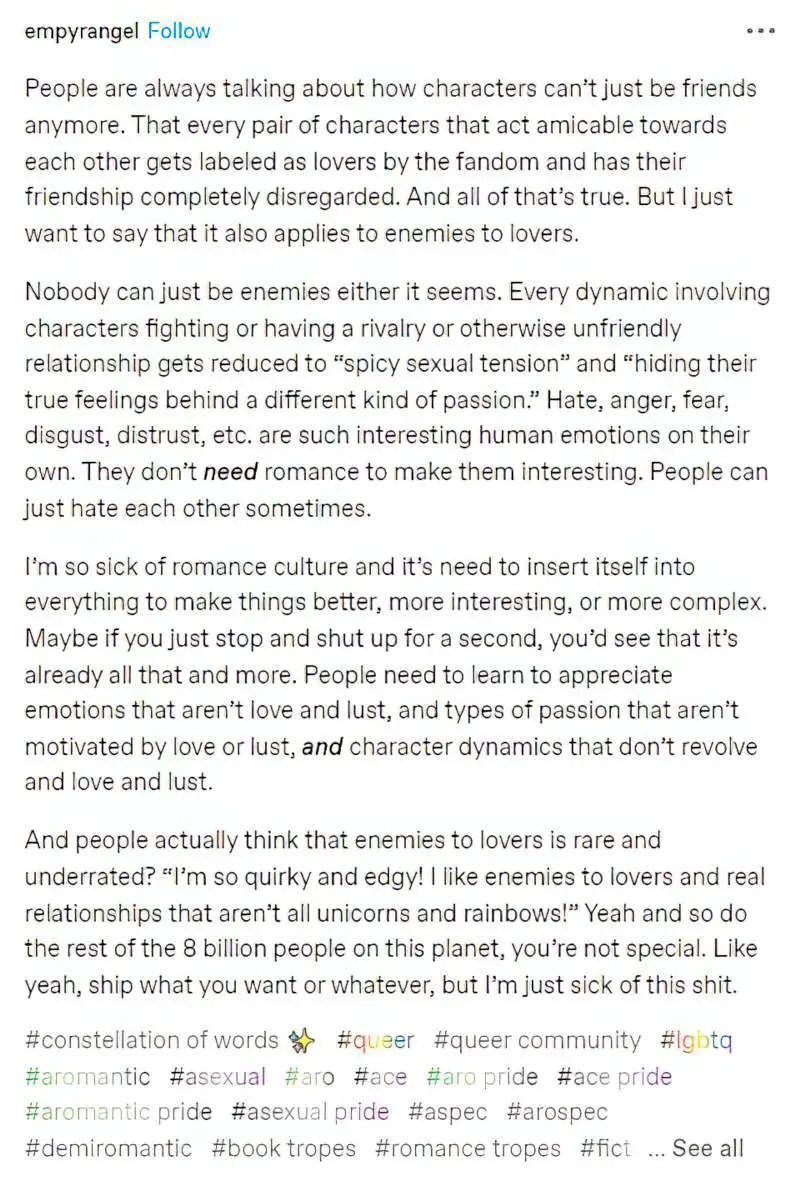
Aromantic ppl need so much more rep. Not just for themselves but like for the good of the world.
As a romantic asexual, figuring out what I am caused me a lot of stress at first. How could I ever have a relationship if I couldn’t live up to the expectations of one? Long story short, that turned out to be a good thing bc realising your relationships can’t be typical means that you have to define what they mean yourself, and that’s honestly really freeing.
But what helped me get to that point was reading about things from the perspective of aro ppl. They won’t have a partner in the typical sense so aros build their lives around their other relationships and passions.
And i think that’s honestly so important. Even for allos, for everyone. Because we as a society place too much value on one type of relationship. People think being single means being alone. That if you’re gonna live with someone they have to be a romantic/sexual partner. And like, why? Maybe it’s fine for us to live with our friends if that’s what feels better. Maybe you’re not alone without a partner because you have friends and family who love you. Why does a partner even have to be romantic?
Point is, basing your plans on one person and making them the one to fulfill all your needs is pretty harmful. All the people in our lives, all the different relationships we have meet different needs and that brings balance. Your friends can be the most important relationships in your life. You can pour your passion into your hobbies and interests because aros aren’t people without love. They have just as much love as anyone else, and that love is just directed more into other things.
This perspective changed my life. I’m closer to my friends. I don’t obsess over romance anymore. There is so much meaning to what I have right now and I don’t need romance, I’m in no rush anymore. And it’s all cause aromantic people have the courage to come out and say “we can love, we do love. Look at how much love there is in the world.”
So yeah, I think it would benefit so many people to see things this way. To see it in media instead of the main character always needing a love interest, instead of the kiss being this magical thing that fixes everything.
And also, rep for aros and aces shouldn’t just be “oh this person is focused on their work so they’re probably aro/ace”. Rep should be people who are out, or an arc about their feelings towards sex/romance. Rep should be aces who aren’t aro and vice versa. Cause the amount of difficulty it would have saved me if i’d just seen people like me a bit more. I want the younger aces to see themselves so they don’t have to go through that same difficulty.
aleakybiro
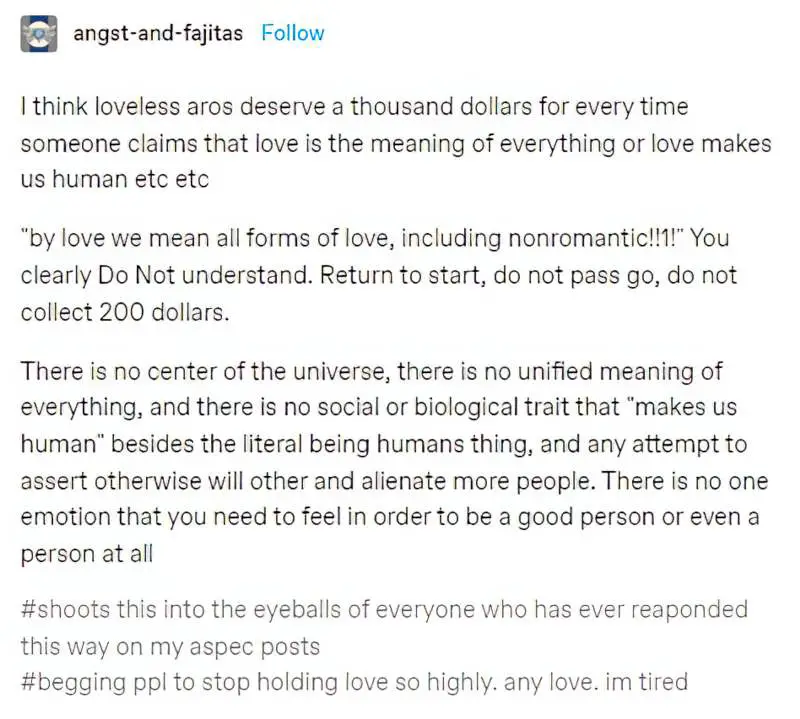
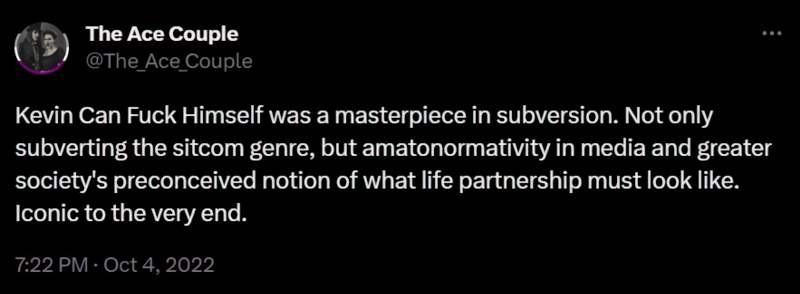
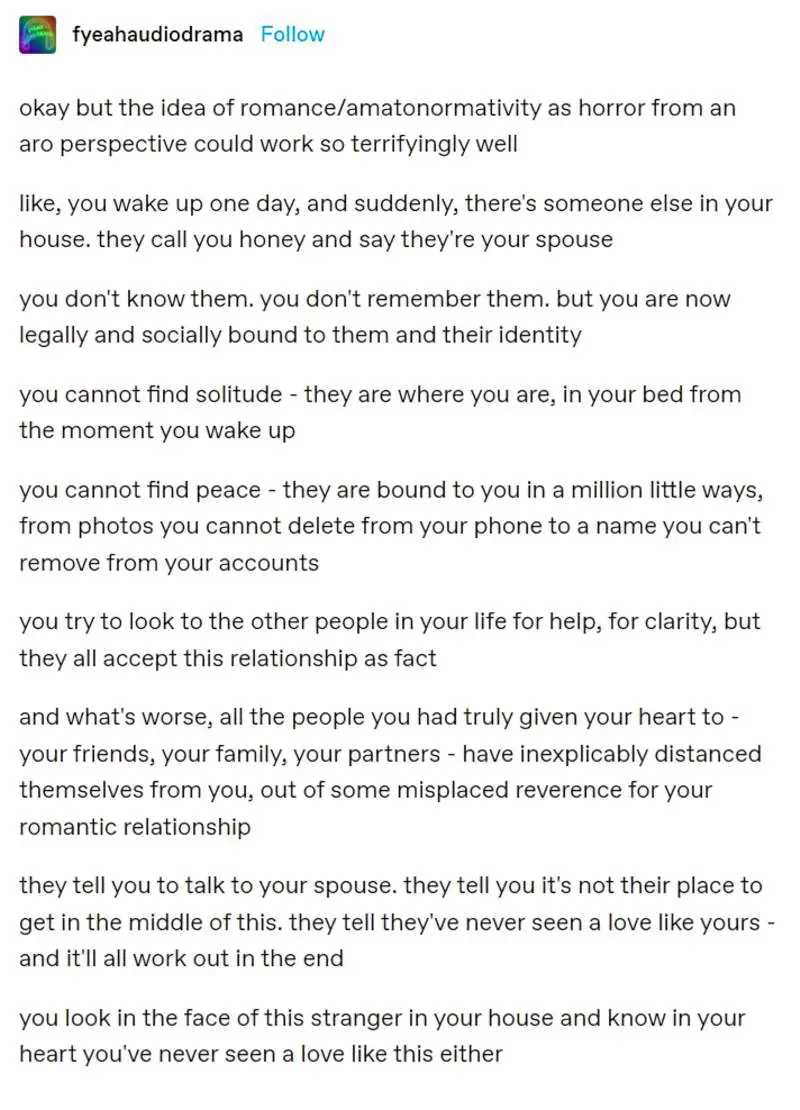
Being abandoned by friends, in one way or another, for their pursuit of romantic desires is a recurring loss for people like me. Cisheteropatriarchy (though queer romance is not immune to this phenomenon) and the culture of romantic domination require platonic relationships to come secondary, or even tertiary, to romantic ones. They require the relegation of friendships to the margins, and the perpetual centering of romantic relationships. They require the disposability of platonic love and community, and the measuring of our worth and desirability by our (in)ability or (lack of) desire to secure romantic connections.
‘Left to hold my grief alone.’ Grieving platonic love in a culture of romantic domination.
How do we mourn friendship and community when romance inevitably wins out?
by SHERRONDA J. BROWN, April 7, 2022
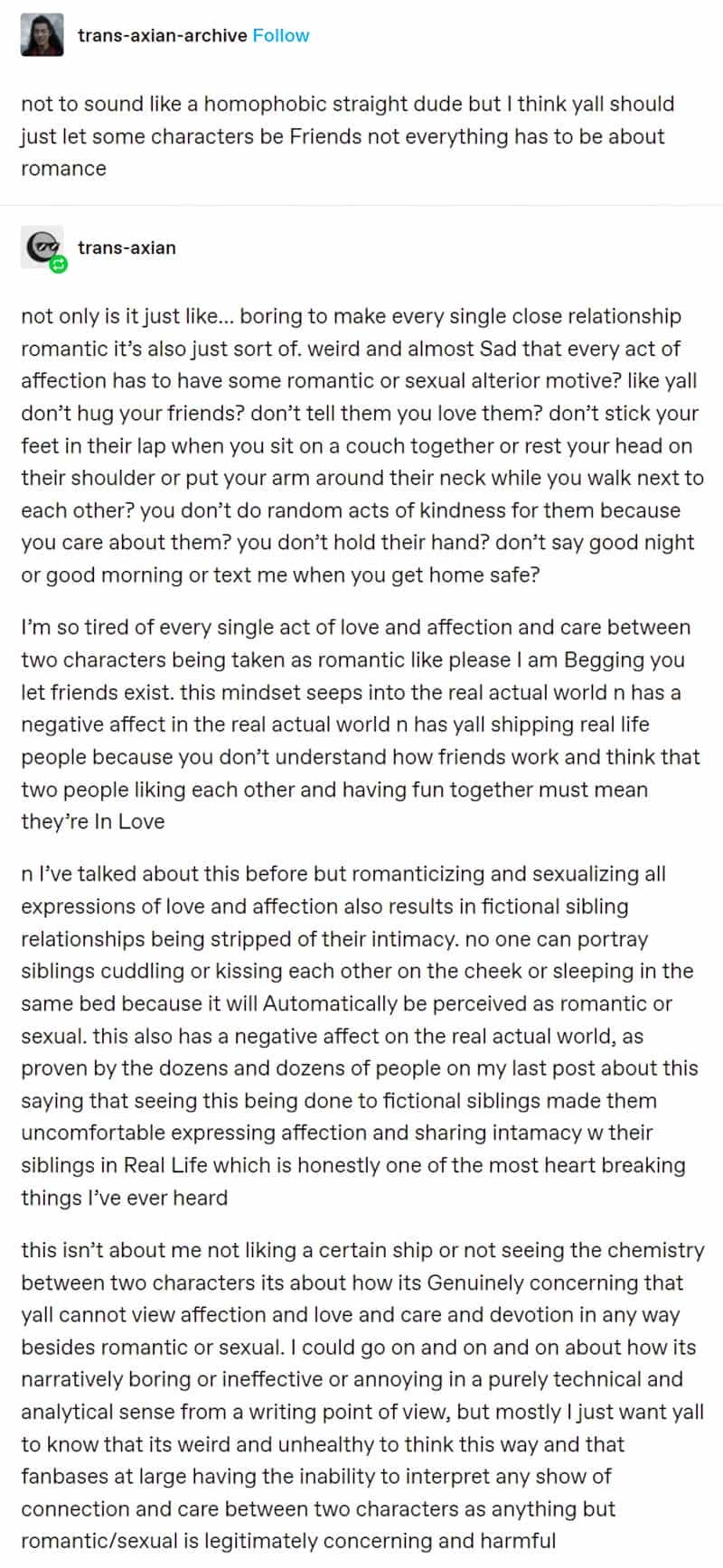
Header illustration: Richard Sargent (American, 1911-1978). Young Love
